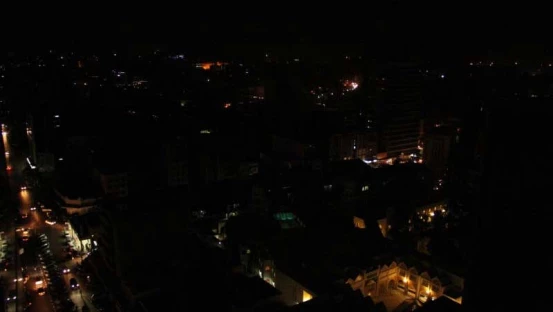Tanzania descended into turmoil on Thursday following a day of violent unrest linked to the country’s controversial general election. President Samia Suluhu Hassan’s bid to tighten her grip on power has triggered widespread protests, with unconfirmed reports suggesting that more than 30 people may have been killed.
The government-imposed internet blackout has left the nation largely cut off, with security forces setting up checkpoints across Dar es Salaam and other major cities. Schools and offices were ordered closed as the army enforced a strict curfew overnight.
According to diplomatic sources, clashes continued late into Wednesday night despite the heavy deployment of police and soldiers. Protesters, chanting “We want our country back,” took to the streets demanding transparency in what critics described as a “one-sided election.” Most of Hassan’s opponents had either been jailed or disqualified ahead of the polls.
Human rights organizations, including Amnesty International, condemned the situation as “deeply disturbing,” warning of the high risk of further escalation. Amnesty confirmed at least two deaths through verified media footage, though opposition sources estimate higher casualties.
The unrest has also drawn attention to Hassan’s son, Abdul, who allegedly led an “informal task force” coordinating election security operations. Rights groups blame the team for a surge in abductions of government critics in the days leading up to the vote.
President Hassan, who rose to power in 2021 following John Magufuli’s death, initially won praise for easing restrictions on opposition and media. However, recent crackdowns have reignited fears of authoritarianism. Opposition leader Tundu Lissu remains on trial for treason, while other challengers were barred from contesting.
With communication lines severed and state media silent, the full extent of the crisis remains unclear. Analysts warn that Tanzania faces its gravest political test in decades, as fears grow over a potential slide into prolonged instability.

